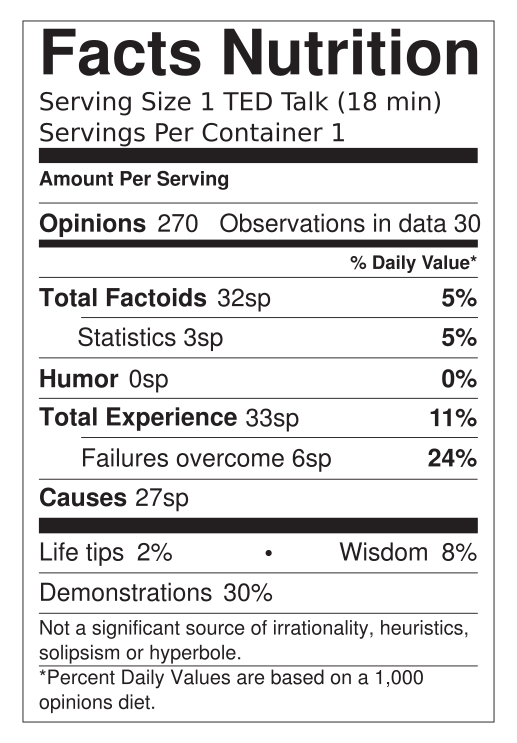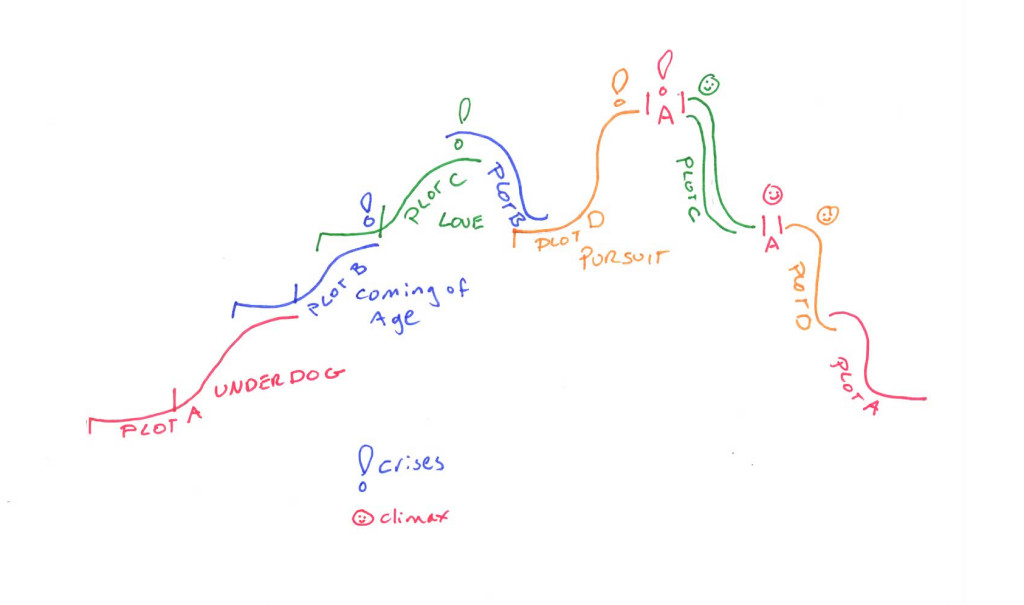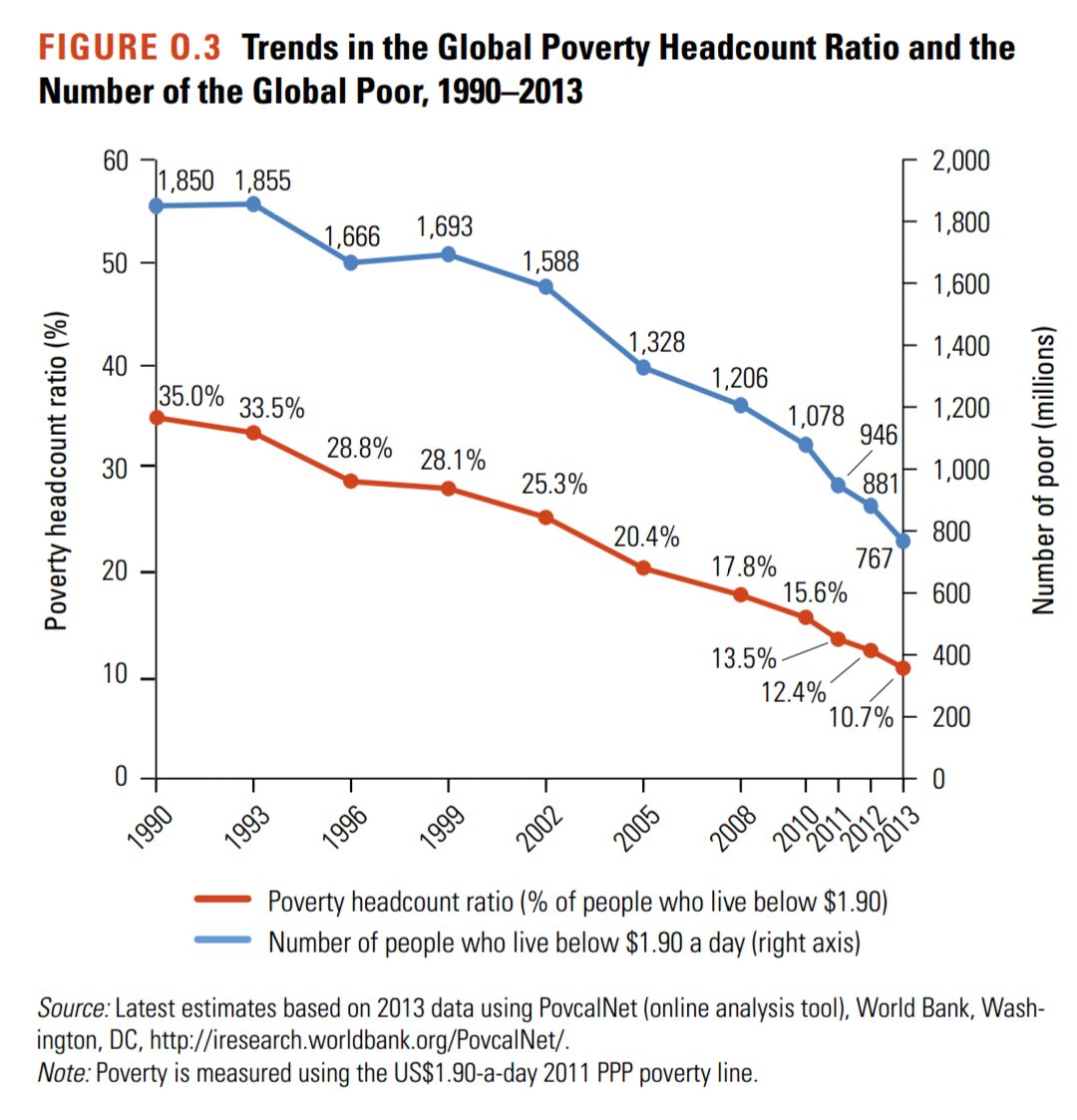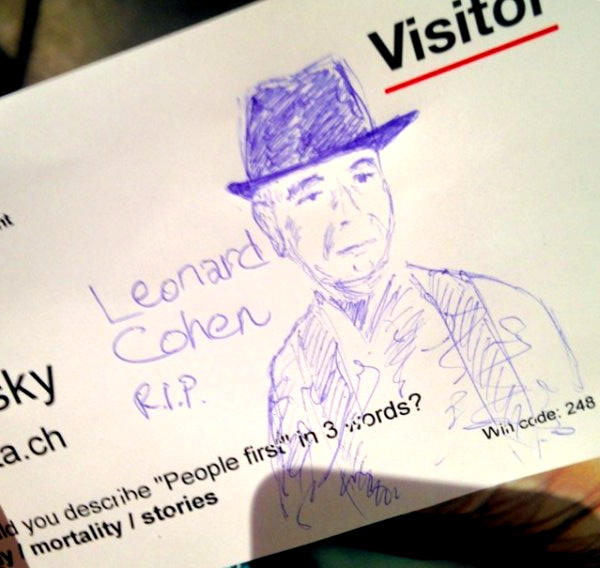025 #peoplefirst

TED. The selfie frontier. (Topped only by the space selfie)
You made my day! Thank you (honestly)! @TEDxZurich #tedxzurich #100happydays #peoplefirst2016 pic.twitter.com/uJ8FuNra7O
— Tanya König (@tanyayuan) November 11, 2016
The subtitle of TEDxZurich 2016 was about as vague as it gets, yet I was intrigued enough to splurge my cognitive budget and dip into this livestream of consciousness, with energetic missionaries of Renaissance 2.0 sharing stories of self-realisation along a well rehearsed 18 minute camel curve.

Via Eleganthack
A promising mix of stories of human achievement and glimpses of the fad of the decade, Artificial Intelligence, was enough to fill the room - and I'm pleased to report that both humans and robots were present in good measure. I should say something about my motivation to take part - which we were required to provide in about 500 words to be considered as participant, including this question:
Q: How would you explain humanity in three sentences to your eight year old nephew?
A: Gummy bears!
CC BY-NC-ND 2.0 amittamba
Take a bag of gummy bears and lay them all out in a line. Open a Wikipedia page on the first (in)famous person you can think of. Read the opening paragraphs until you find another name; click, eat, repeat.
Not the healthiest way to educate an 8-year-old, I admit. But it does get those gastric juices flowing.
“We would have freedom of the will in proportion to our knowledge of the brain” --Ivan Pavlov
Why Diversity Matters
At 10 AM we got started at Studio 2 of the Swiss national television (SRF) with the first talk by Suzi & Eric LeVine. Meanwhile, a huge balloon eye hovered over our heads, whirring nefariously. I imagine to be the not-so-subtle message here is 'watching the watchers'..

Photo via NZZ / Evenito
While it was a 9/10 for menacing effect (blood vessels and nerves would have been a nice touch, especially to take over at Halloween), getting used to this..thing..was a bit of a distraction, both for participants and hosts.
The LeVines talk took the rare form of pair presentation. They started by introducing each other in a cute way. Suzi was at Microsoft - until she had kids, then started a couple of nonprofits - then "left the workforce" again. Obama asked her to be an ambassador since she was involved in the election campaigns. There's a lot her rapid fire story doesn't get across - like what challenges she faced balancing work and family. I suppose the intent to portray herself as mother and careerist succeeded on the whole.
Eric has had an awesome career so far too, and is now a stay-at-home day. You see, there has been a "dad-o-lution", and more fathers than ever are happy to leave the briefcase behind and pack nappies instead. There was no data shared to back up the societal image of parenthood changing, unfortunately. But we learned nice things about their kids and gender stereotypes reversing.

Photo via NZZ / Evenito
Justin Trudeau up on screen as a great example of a man who calls himself a feminist. Canada represent! Eric was on a gender and diversity panel with him at Davos. And you know what? As Suzi says, "diversity is good for business". Companies get better results with more diverse groups. She quoted a Catalyst study of Fortune 500 Women Board Directors.
And we really need young people to feel that anything is possible.

Pete Souza/The White House via New York Times
Three neat takeaways:
- Hire or work with people who don't look like you.
- Check out UN's HeForShe.
- Get more girls into tech.
Charmed by this talk, and scanning through @ambsuzi and looking up the cited studies, I was too distracted to take in the next talk. Something about "taking the long view.."? "Humanity does not need more walls, we need bridges"?
Hmm..
I was brought back three years ago, when supported by a super group of people I failed to push through a proposal for a roundtable at an international conference organised with my colleagues from the Swiss chapter at OKCon 2013:
Accessibility is often used to promote openness, from which perspective we can talk about challenges in ensuring that a diversity of views are heard and broad citizen participation obtained. We will present a case for how Open Knowledge contributes to inclusion, highlight the digital divide in terms of relevant problems and global trends, share methods used to foster diversity and break barriers between communities.

Photo by Navneet Vasistha used with permission
Thinking about this, and the hackathon that I ended up running instead, all those hackathons leading to the School of Data project I am trying to push through now. Later on, I caught up with two of the co-authors in attendance at TEDx, and over lunch we discussed the task of running an open survey of gender differences in specific disciplines of science or engineering.
I only snapped out of my nostalgia when Bob Sumner was showing off the awesome augmented colouring books and paintings by vuforia/Disney/ETHZ

Photo via NZZ / Evenito
"The more satisfying endeavour is putting the children first."
Plus one, Bob.
Next up, Christophe Girot, showing huge beautiful datasets of point clouds of alpine landscapes - really cool.
I liked the poetic points he made about the "new horizon" films in the train carriages replacing the actual landscape disappearing in the Gotthard tunnel. And that point clouds make for "a bewildering image" of huge mountain chains over infrastructure.
But my tweet asking for some of this data opened up for citizen science to @GIROTETHZCHAIR didn't get any response. Here's one place people are discussing free LiDAR data, but the suggested repositories seem to be mostly unmaintained.
I'll send an email.
Six rules for "smart simplicity." Great TED talk on revising KPIs in your business.. https://t.co/DHx4YZAUE1
— Kathy Richards (@balancepro) May 5, 2016
"The real battle is against ourselves, against bureaucracy, against complexity"
Word.
Alexander Wagner on corporate fraud: the Adam Smith, CoC/reputation approach vs. Immanuel Kant, absolute right/wrong approach#TEDxZurich pic.twitter.com/iyR0mcz0aJ
— Ralph Straumann (@rastrau) November 11, 2016
The afternoon talks, which started with playback of a funny rapid-fire TEDs by Shawn Achor called The happy secret to better work, included Peter Fanconi who, unlike the previous speakers, was a man of numbers!
And one number especially: 2'300'000'000, which is apparently the number of people potentially benefiting from his lending institution. I'm not going to worry now about the details of this project, I just want to note that according to the World Bank, there were about 800'000'000 poor at last count, tending downwards.

A huge lot of people, not quite every 5th person in the room, but apparently enough to ensure a 4.35% annualized RoI (PDF). This reminded me to replay a smart TED talk, that of Hans and Ola Rosling: How not to be ignorant about the world.
I spent the last minutes testing some sentiment analysis tools for an idea I had while talking in the break to a designer I met earlier by email. The last two talks kind of got me down - the first by attitude, the latter by aggravation (too much of a good thing?). But I am glad to have made interesting reconnections to people I haven't seen in a while. Then I skipped the party and went up to Limmatplatz to see what the #youth were up to.
That day I petitioned for a moment of silence / moment of song to remember Leonard Cohen, who just passed away. I invite you too to do this now.
I wonder what it was
I wonder what it meant
First he touched on love
Then he touched on death
Sounded like the truth
Seemed the better way

Photo by Christian Muche
Post scriptum
Over the last few days, I've been thinking about what value one gets from a library that has now grown to over 2'000 brain meals. About choosing relevant over redundant content, which people schooled on TED Talks might appreciate getting some help with. Could data science help?
Apparently at least one person has been hacking transcripts, to create a simulated TED talk using Recurrent Neural Networks. The plan to use "Alchemy labs and the open alternative DBPedia .. analyse the text for key concepts and relations which give us a highly informative meta-view" seems to not have been realised yet, but it sounds promising.
Shame the TEDlabs Open API is now off limits. I gave the one year old script a go, and while the open source scraper is still working, the rnn library needs updating.
To improve such efforts I would propose weighing talks with a simple schema based on an imaginary unit of synaptic potentiation (sp) - correlated to the number and complexity of words used to transmit a bit of content to the audience - inspired by Wikipedia and Nature (paywall!)

If you want to play with some actual factual nutrition data, check out WolframAlpha and come to food.opendata.ch in February.
With enough optimisation, surely, A.I. will be taking the stage at TED before we know it. Until then - Quick, Draw!


